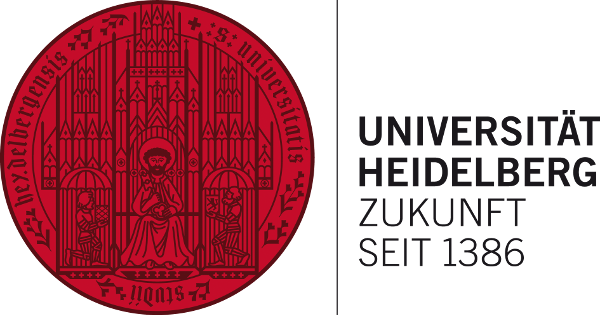Heidelberg University: Twelve Years Of Successful Work In Stem Cell Research
The studies in CRC 873 have focused on discovering what underlying cross-organismal mechanisms regulate the maintenance and differentiation processes of stem cells, focusing primarily on adult stem cells. The investigations aimed to decipher the principles of stem cell control in simple model systems and to transfer them to more complex life forms, even to humans.
Collaborative Research Centres are DFG-funded research consortia made up of approx. 20 research groups. Projects funded within a CRC work on an overarching issue in basic research from differing perspectives and using different techniques, over a period of up to twelve years.
“In our interdisciplinary research consortium we have carried out extremely productive research on the model systems of plants, animals and humans. Important findings emerged from this work, e.g. on the reconstruction of cell lineage trees or molecular regulatory mechanisms of stem cells. We are particularly proud of having accompanied numerous young researchers on their way to a professorship,” underlines Prof. Dr Jan Lohmann from the Centre for Organismal Studies (COS) of Heidelberg University, who served as spokesperson of CRC 873 during the past two funding periods.
Participating in the research projects were various institutes and centres of the University, the Medical Faculties Heidelberg and Mannheim of Ruperto Carola, and the German Cancer Research Centre (DKFZ). The founding spokesperson was Prof. Dr Anthony Ho, former Medical Director of the Department of Hematology, Oncology and Rheumatology at Heidelberg University Hospital and stem cell transplantation pioneer. Work in the CRC 873 was supported with more than 30 million euros.
A ceremonial event will precede the conference itself, opened by Prof. Dr. Bernhard Eitel, Rector of Heidelberg University. The keynote lecture on “Exploring Cell Heterogeneity in Human Skin” will be given by stem-cell researcher Prof. Dr Fiona Watt, longstanding director of the Centre for Stem Cells & Regenerative Medicine at King’s College London (United Kingdom) and now director of the European Molecular Biology Organization (EMBO).
The scientific part of the conference comprises five thematic blocks, which take up all research topics of CRC 873. They deal with the polarity of plant stem cells – differing cell properties on different sides of a cell – and new omics technologies to examine the molecular connections and processes involved in the origin of diseases. Further, the conference will discuss the development and regeneration of mammalian stem cells, as well as the significance and function of neuronal stem cells. A fifth main theme is the interaction between stem cell behaviour and cardiovascular diseases.
The closing conference of the Collaborative Research Centre 873 on “Maintenance and Differentiation of Stem Cells in Development and Disease” is to take place at the Centre for Organismal Studies, Im Neuenheimer Feld 230. Attendance is free of charge for an audience interested in the subject. No registration is required.

